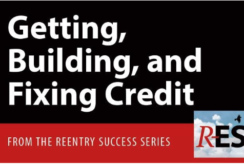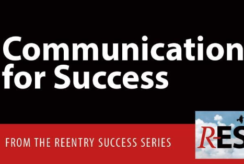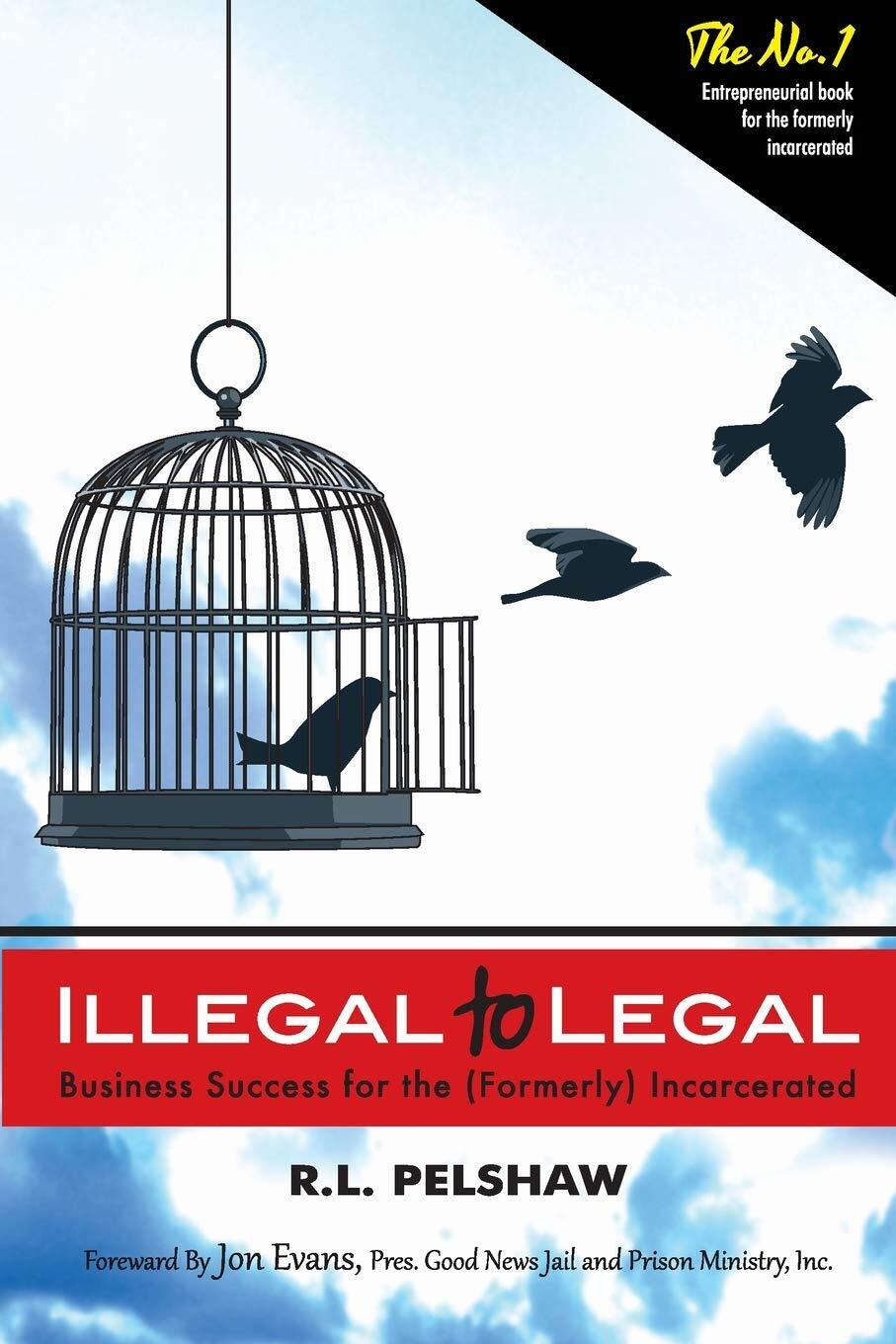One of the most frequent questions I get when I speak at jails and prisons is “since so many employers don’t hire people with a criminal history, why not just lie about it so I can get hired?”
I understand why people feel they should lie on job applications, or other instances in life, given that for some getting a job after paying their debt to society is harder than serving time. If incarceration teaches anything it proves that sometimes life isn’t fair, or easy.
Here are two reasons why you shouldn’t lie about your criminal history, and three ways telling the truth about your past can help you more than lying about it does.
Two Reasons why not to lie about your criminal history:
- Don’t get caught in a lie. Anyone with 30 seconds and a computer can (and will) Google your name and catch you. Like my friend David J., a corporate employment attorney, told me “more and more companies are hiring people with a criminal history, but nearly all companies will fire you for lying on your application.”
- The more you lie about the past, the more power it has over you. Don’t be ashamed of your past – everyone has a past, hiding yours can, and will, backfire on you. Focus your efforts instead on putting your past in your past and being able to tell ways that prove it. Most people believe in second chances, if you can show your past mistakes aren’t part of your present.
Three Reasons telling the truth about your past can help you:
- Get caught telling the truth. I’ve sat in client meetings where they asked me about my criminal history. Once telling them about it, they admitted they Googled me before the meeting, and they asked me because they wanted to see if I would tell the truth about it. Everyone has a past – not everyone is strong enough to deal with theirs, or to keep their past in the past.
- Give them something to relate to. If you looked at my “Great Interviews and Jobs for the Formerly Incarcerated” brochure (available for free at www.pelshaw.com ) then you know that building rapport (or a friendly connection) with the employer is a powerful tool to help you get hired. More than half of all Americans know someone, or are related to someone, who has been to jail. Maybe the person interviewing you has a criminal history, or an addiction they overcame. I’ve had “respectable businessmen” tell me the only reason they don’t have a criminal history is they hadn’t got caught. Employers need to see you as a person to be helped, and not a “charge” or a statistic to be feared. Build rapport by bringing up your criminal history in a way that you control the conversation, with the confidence and maturity someone who has overcome significant odds, like you, has.
- You are far more than just your past. Start acting like it and living it. Everyone has something in their past they are ashamed of. Have concrete evidence to prove that your past is in the past and keep pushing because we are not defined by our past but by our destiny.
© 2019 Pelshaw Group, Inc.
Bob Pelshaw is a formerly incarcerated citizen, successful entrepreneur, speaker, and author of the award winning Illegal to Legal: Business Success for the (Formerly) Incarcerated. (Book and workbook available on Amazon). Bob provides content to Edovo, GTL, PayTel, and jails and prisons nationally and writes a blog on his website and has the “Bob Pelshaw” YouTube Channel and Facebook and social media accounts. He also writes the Ask Bob advice column for the incarcerated and formerly incarcerated.






